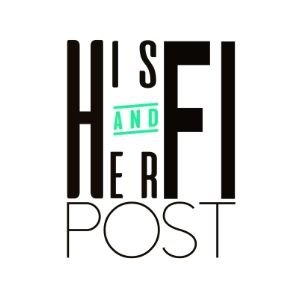Cigna Group is taking steps to reduce out-of-pocket costs for prescription drugs for its customers. The company aims to make medications more affordable and accessible amid rising healthcare costs. Cigna’s new strategy includes negotiating better prices with drug manufacturers and increasing transparency around drug pricing.
The company hopes these approaches will help alleviate the financial burden on individuals who need regular medications. This move is part of a broader trend within the healthcare and insurance industries to address the high costs of prescription drugs. These costs have been a growing concern among patients and healthcare providers.
Evernorth Health Services, a subsidiary of The Cigna Group, announced several steps to improve costs and transparency around pharmacy benefits. These changes are designed to help patients benefit from negotiations to lower the cost of prescription drugs and enhance transparency for both patients and benefit providers. Eric Palmer, President and CEO of Evernorth Health Services, said, “We know that health care and prescription drugs need to be more affordable, and that coverage needs to be more transparent and less complex.
While we advocate for the lowest costs for the more than 100 million Americans we serve, there are times when the system falls short. We hear the concerns of patients, plan sponsors, and the public, and are making these commitments to help patients get their medications at the lowest cost and improve transparency for more informed choices.”
Evernorth is implementing protections to lower patient out-of-pocket costs at the pharmacy counter. More than 80% of patients already pay less than $1,000 per year for their prescriptions.
However, patients in high deductible plans often face high list prices set by manufacturers. To address this, Evernorth is providing protections to ensure patients benefit directly from the savings generated through negotiations. From now on, Evernorth’s standard offerings will include the following protections:
1.
Cigna’s drug cost reduction efforts
Patients will be safeguarded from paying the high list prices of their medications and will instead get access to the lower prices negotiated. 2.
Patients in employer-sponsored plans will receive improved financial predictability, especially meaningful during their deductible phase when medication costs can be highest. Evernorth is also enhancing transparency through new reports:
3. Patients will receive personalized summaries detailing their annual total prescription drug costs, including medication prices, negotiated savings (inclusive of discounts and rebates), plan-paid amounts, and total savings.
4. Plan sponsors will receive standardized reports disclosing costs and pharmacy claim-level reporting, adding additional transparency to the routine reporting and insights already delivered. Adam Kautzner, Pharm.D., President of Evernorth Care Management, said, “It is our goal to always exceed patient expectations for better health and to ensure there are no surprises at the pharmacy counter.
We want to lead change so patients can afford their medications and understand how their pharmacy benefits work for them.”
Cigna executives also addressed critics of pharmacy benefit managers during a recent earnings call. David Cordani, Chairman and CEO of The Cigna Group, announced a series of reforms aimed at providing Express Scripts customers with more predictable prescription drug prices. Cordani reflected on recent events that have challenged the health insurance industry to listen more attentively to the public narrative.
He stated, “At The Cigna Group, we’re accelerating improvements and innovations to increase transparency, expand support, and drive greater accountability.”
In legislative news, Sens. Elizabeth Warren and Josh Hawley proposed a bill requiring healthcare companies owning health insurers or PBMs to sell their pharmacy assets within three years. If passed, this legislation would significantly impact the U.S. pharmacy supply chain, reducing revenue and market power for PBM giants like Cigna, which owns Express Scripts.
Cordani also addressed the high costs of GLP-1 drugs, used to treat type 2 diabetes and obesity, which are significantly more expensive in the U.S. than in other countries. He declared, “This is not acceptable, nor sustainable.”

